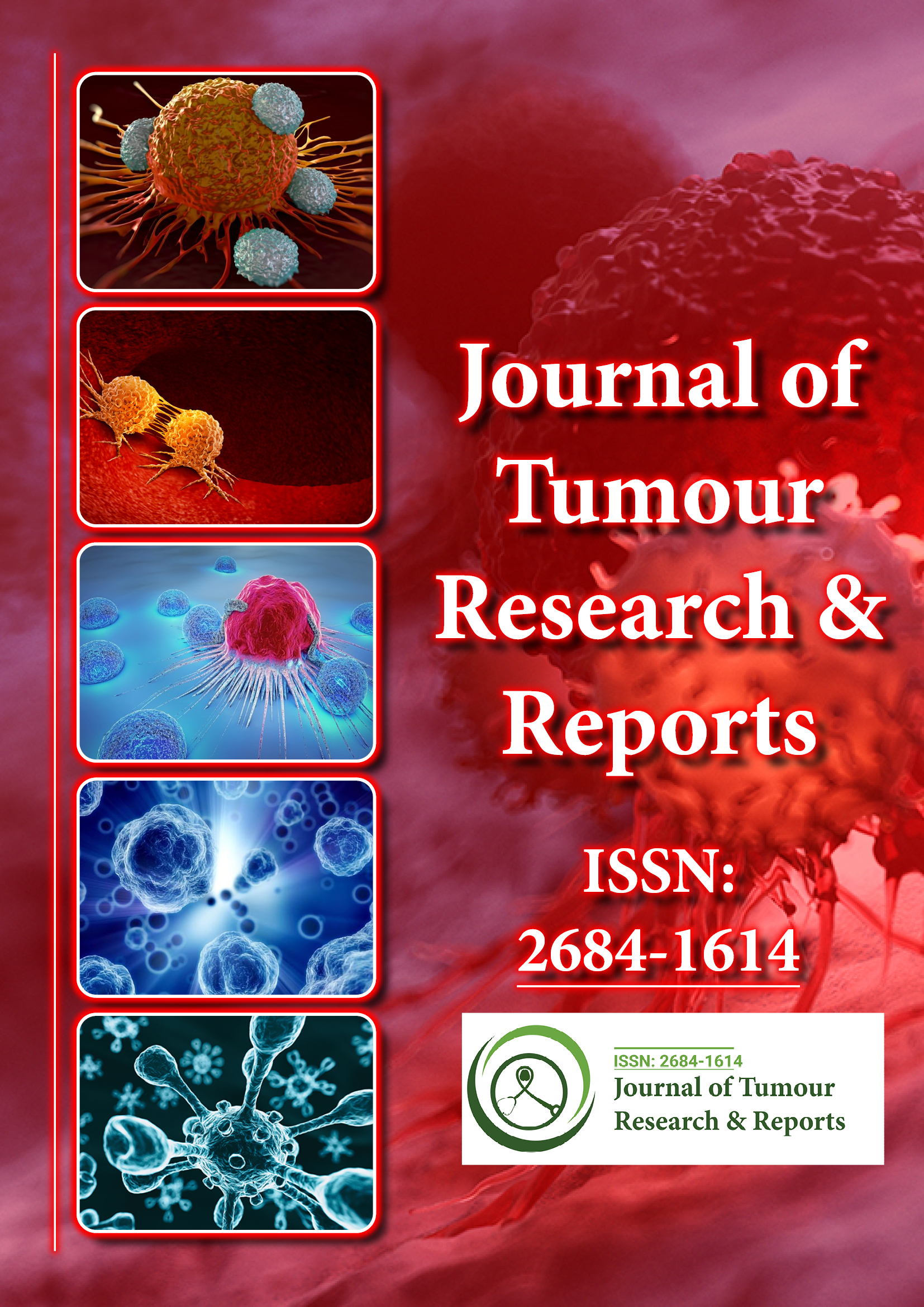indexado en
- Búsqueda de referencia
- Universidad Hamdard
- EBSCO AZ
- Google Académico
Enlaces útiles
Comparte esta página
Folleto de diario

Revistas de acceso abierto
- Administración de Empresas
- Agricultura y Acuicultura
- Alimentación y Nutrición
- Bioinformática y Biología de Sistemas
- Bioquímica
- Ciencia de los Materiales
- Ciencia general
- Ciencias Ambientales
- Ciencias Clínicas
- Ciencias farmacéuticas
- Ciencias Médicas
- Ciencias Veterinarias
- Enfermería y Cuidado de la Salud
- Genética y Biología Molecular
- Ingeniería
- Inmunología y Microbiología
- Neurociencia y Psicología
- Química
Abstracto
Management of Muscle-Invasive Bladder Cancer: Experience of Mohammed VI Cancer Treatment Center
M.Belhouari*, H.Rida, S.Khalfi, H.Jouhadi, M.Bourhafour, Z.bouchbika, N.Benchakroun, N.Tawfik, S.Sahraoui, A.Benidder, N.Benchakroune, S.Sahraoui, A.Benider
Background: Bladder cancer is the 10th most frequently diagnosed cancer in the world, with approximately 573,000 new diagnoses in 2020.The aim of our study is to detail the clinical-pathological characteristics, the treatments, in particular the benefits of CNA for muscle infiltrating bladder cancer and assess the efficacy and feasibility of concomitant radiochemotherapy as a good alternative to radical cystoprostatectomy in a large Moroccan cohort of 73 cases.
Results: Seventy-three patients were collected from 2015 to 2020 at the Mohammed VI oncology center at the Ibn Rochd University Hospital in Casablanca, Morocco. The median age was 62. The main clinical complaint was haematuria in 92% of cases. Most patients have a tumor classified as T2. Urothelial carcinoma was the exclusive histologic type. Management consisted in particular of radical cystoprostatectomy or concomitant radiochemotherapy preceded by neoadjuvant chemotherapy. The median follow-up was 20 months. The evolution was characterized by no local recurrence. Metastases occurred in 14% of patients treated with cystoprostatectomy and 17% with chemoradiation therapy.
Conclusions: The muscle infiltrating bladder tumor is a chemosensitive disease, the choice between CT and bladder preservation remains difficult to validate in RCP, future research for a better understanding of this disease as well as the selection of responders or not at scale. National or international are necessary to improve the therapeutic behavior and the prognosis of the patients, while waiting Let us continue to respect the standards of care.